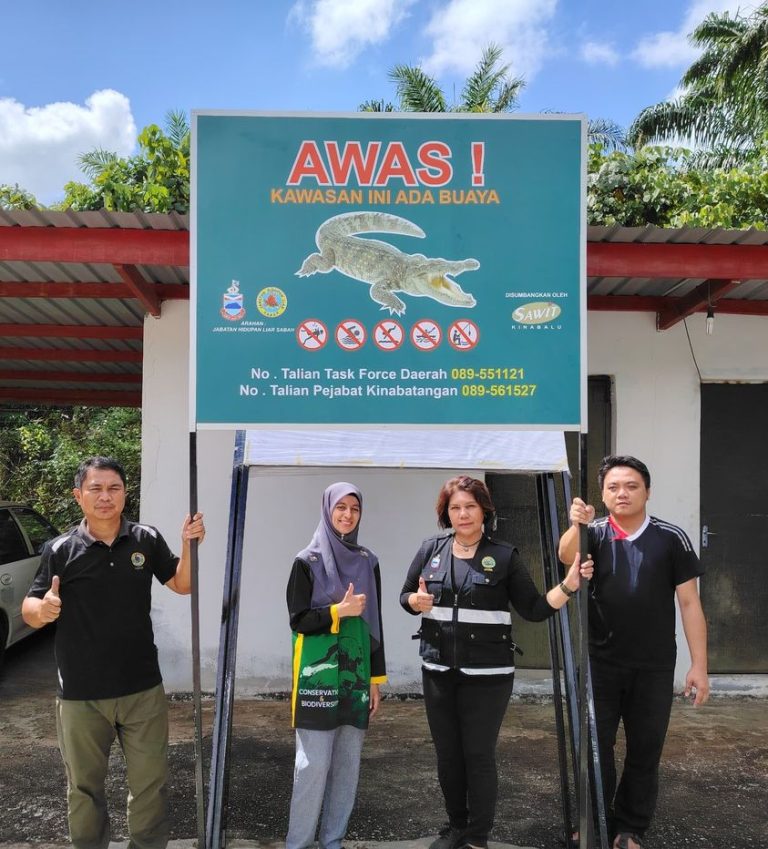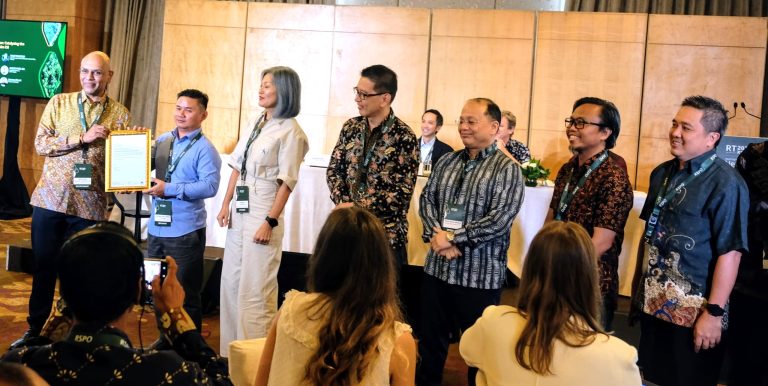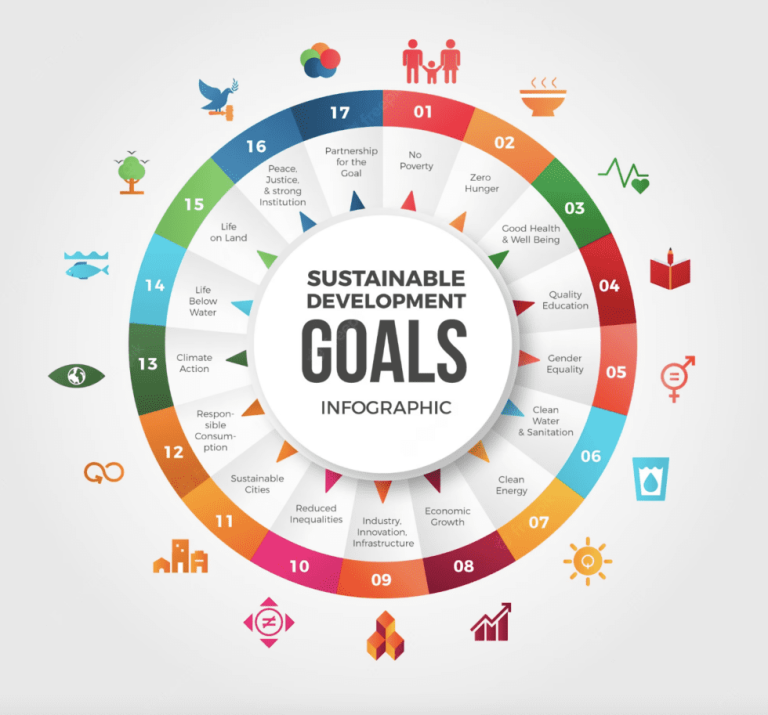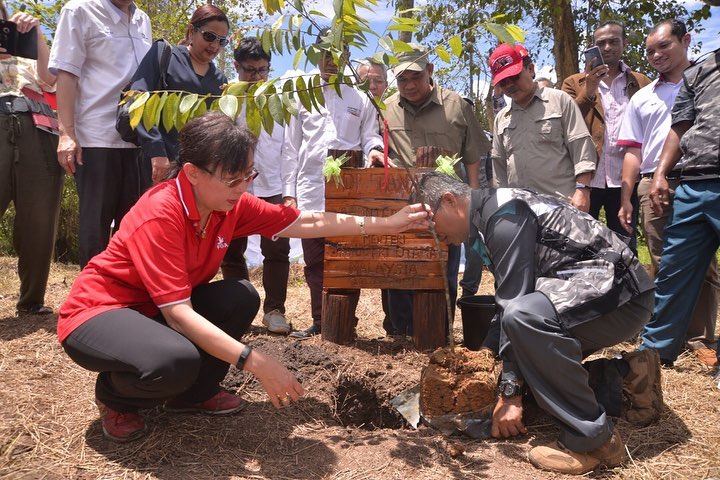As global awareness of environmental sustainability continues to rise, the quest for eco-friendly travel experiences becomes more significant than ever. In the heart of Southeast Asia, Malaysia beckons with its diverse ecosystems and vibrant culture, providing an ideal backdrop for eco-conscious travellers. In this article, we’ll look into five essential tips that will guide you in crafting your perfect eco-friendly escape in Malaysia. From sustainable accommodations to responsible transportation choices, discover how you can make a positive impact on the environment while immersing yourself in the natural beauty and cultural richness of this captivating destination.
1. Choose Eco-Conscious Accommodation
In the quest for sustainable travel, selecting eco-conscious accommodation is a crucial step towards minimizing one’s environmental footprint. Malaysia, with its diverse ecosystems and rich biodiversity, offers a range of eco-lodges and green hotels that prioritize environmental responsibility. To ensure a truly eco-friendly stay, prospective travellers can undertake a few key steps.
Conducting thorough research on accommodations that actively practice environmental sustainability is paramount. Identify eco-lodges that have implemented eco-friendly initiatives such as energy conservation, waste reduction, and water efficiency. Notable examples in Malaysia include The Dusun, a sustainable retreat in Negeri Sembilan, which emphasizes conservation efforts and eco-conscious design amidst lush surroundings.
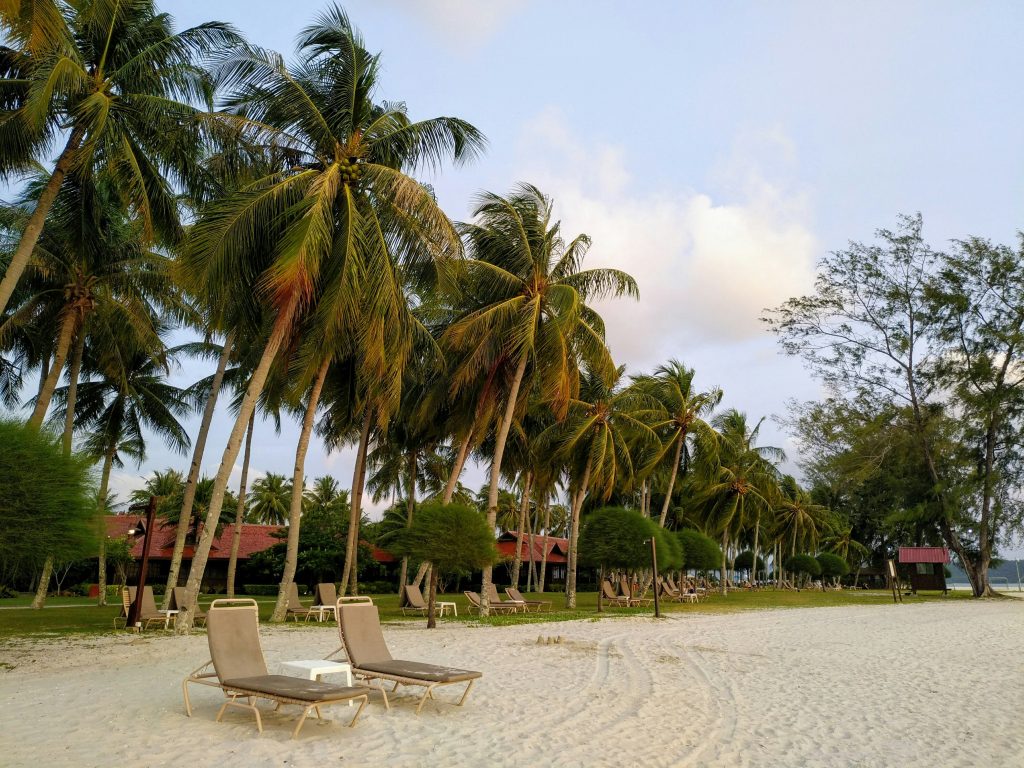
Tapping into the wealth of information available on online reviews and travel forums is an excellent way to gauge the real-world experiences of fellow travellers. Look for reviews that specifically highlight an accommodation’s commitment to eco-friendly practices and assess the overall sustainability of the establishment. This step provides valuable insights into the day-to-day environmental efforts of the chosen accommodation, helping travellers make informed decisions.
Furthermore, direct communication with the prospective eco-lodge or hotel is key. Travellers should reach out and inquire about the establishment’s sustainability policies, initiatives, and certifications. A responsible eco-accommodation will be transparent about their environmental practices, addressing concerns related to energy sources, waste management, and community engagement. For instance, the Datai Langkawi is recognized for its commitment to environmental conservation and community outreach, making it a noteworthy choice for those seeking a sustainable retreat in Malaysia.
2. Go Green on Your Travels
Embarking on eco-friendly travels involves making conscious choices to reduce one’s environmental impact, and Malaysia offers several opportunities to go green during your journey. Utilizing public transportation is a commendable first step. In cities like Kuala Lumpur and Penang, well-developed public transit systems provide efficient and low-pollution alternatives to private vehicles. By opting for buses, trains, or trams, travellers not only minimize their carbon footprint but also contribute to the reduction of traffic congestion.

When the need for a personal vehicle arises, opting for environmentally friendly options is imperative. Many car rental agencies in Malaysia now offer hybrid or electric models, providing travellers with the opportunity to explore the country in a more sustainable manner. These vehicles produce fewer emissions and help combat air pollution, particularly in popular tourist destinations such as Langkawi or Cameron Highlands, known for their pristine environments.
Moreover, travellers can take an additional step towards carbon neutrality by participating in carbon offset programs. These initiatives allow individuals to compensate for the greenhouse gas emissions generated during their travels by investing in projects that reduce or capture an equivalent number of emissions. While planning a trip to Malaysian destinations like Borneo’s rainforests or the Perhentian Islands, travellers can explore partnerships with reputable carbon offset organizations to contribute to environmental conservation efforts.
3. Support Local Communities and Businesses
Contributing to the well-being of local communities and businesses is a meaningful aspect of responsible travel, and Malaysia offers numerous opportunities to engage in this practice. One impactful way to support the local economy is by patronizing local restaurants and street food vendors. Exploring the diverse culinary scene in places like Penang or Melaka not only allows travellers to savour authentic flavours but also ensures that a significant portion of their expenditure directly benefits the local community. The Warung Nasi Lemak Antarabangsa in Kuala Lumpur or the hawkers in Penang’s Gurney Drive are excellent examples of places where travellers can indulge in local delicacies and contribute to the livelihoods of community members.
Another avenue for supporting local communities is through the purchase of souvenirs and crafts from local artisans. Malaysia is known for its rich cultural heritage, and buying handcrafted items directly from local markets or artisans helps preserve traditional crafts while providing direct economic benefits to the creators. Travellers can explore places like the Central Market in Kuala Lumpur or the craft markets in Kota Bharu to find unique handmade items, from batik textiles to traditional wooden crafts.

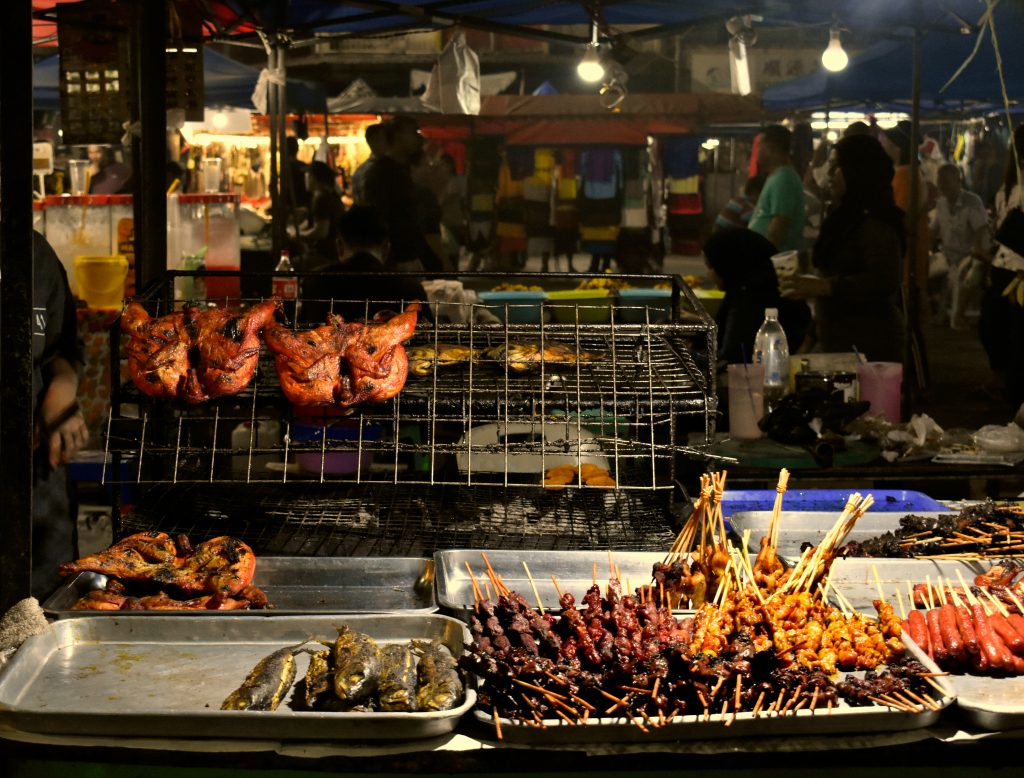
Engaging local guides for tours is a meaningful way to enhance the travel experience while supporting local employment. These guides often possess in-depth knowledge of the region’s history, culture, and natural wonders, offering insights that enrich the traveller’s understanding. Whether exploring the historical sites of Melaka or trekking through the rainforests of Sabah, hiring local guides ensures that the economic benefits of tourism directly reach the communities residing in these areas, promoting sustainable tourism practices.
4. Ethical Nature and Wildlife
Embracing ethical practices when exploring Malaysia’s diverse natural landscapes is integral to preserving its unique biodiversity. One crucial aspect is adhering to marked trails and paths while hiking or trekking, minimizing disruption to native flora and fauna. Malaysia boasts an array of stunning natural attractions, from the rainforests of Taman Negara to the biodiversity-rich ecosystems of Sungai Pin Conservation Area, Kinabatangan, Sabah. Staying on designated paths not only protects delicate ecosystems but also ensures that visitors can appreciate the natural beauty without causing harm to the environment.
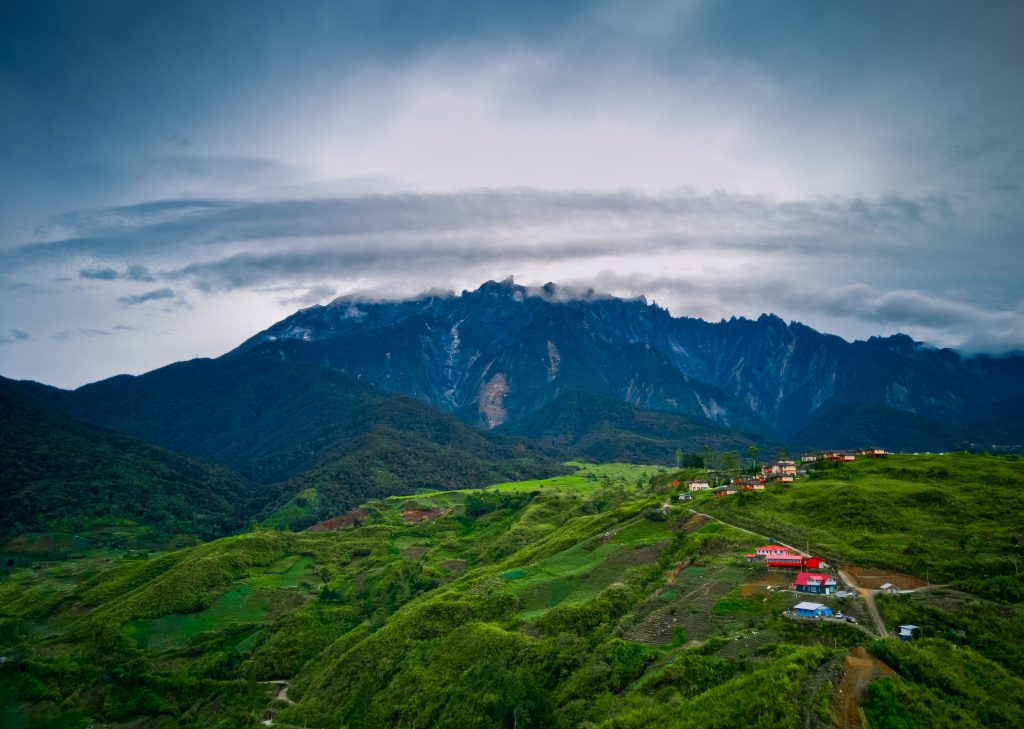
Responsible wildlife viewing is another key consideration. While encountering wildlife in their natural habitat is a thrilling experience, it is important to resist the urge to feed, touch, or take selfies with wild animals. This behaviour can be detrimental to their health and disrupt their natural behaviour’s. In places like Kinabatangan Wildlife Sanctuary in Sabah or the Maliau Basin in Borneo, where diverse wildlife species thrive, respecting the boundaries between humans and animals contributes to the long-term well-being of these ecosystems.
Furthermore, responsible waste management is vital in preserving the natural beauty of Malaysia’s landscapes. Travellers should carry out all trash and follow local guidelines for waste disposal, ensuring that the natural habitats remain pristine for future generations. This is particularly relevant when exploring places like the Cameron Highlands or the beaches of Tioman Island, where responsible waste disposal practices are essential for maintaining the ecological balance of these fragile environments.
5. Practice Sustainable Lifestyle
Incorporating sustainable lifestyle practices into daily routines while traveling in Malaysia is a powerful way to reduce one’s environmental impact and contribute to the broader efforts of conservation. Conserving resources in accommodations is a significant aspect, and travellers can make a difference by taking shorter showers and being mindful of electricity use. Turning off lights and air conditioning when not in use not only minimizes energy consumption but also aligns with Malaysia’s commitment to sustainability, particularly in eco-conscious resorts like The Banjaran Hotsprings Retreat in Ipoh.
Another practical approach is to pack a ‘sustainability kit’ that includes essentials such as a reusable water bottle, utensils, and a shopping bag. Malaysia’s landscapes, from the beaches of Langkawi to the urban markets of Kuala Lumpur, are well-suited for eco-friendly practices. By reducing reliance on single-use plastics and disposables, travellers actively contribute to waste reduction and foster a culture of sustainability in the places they visit.
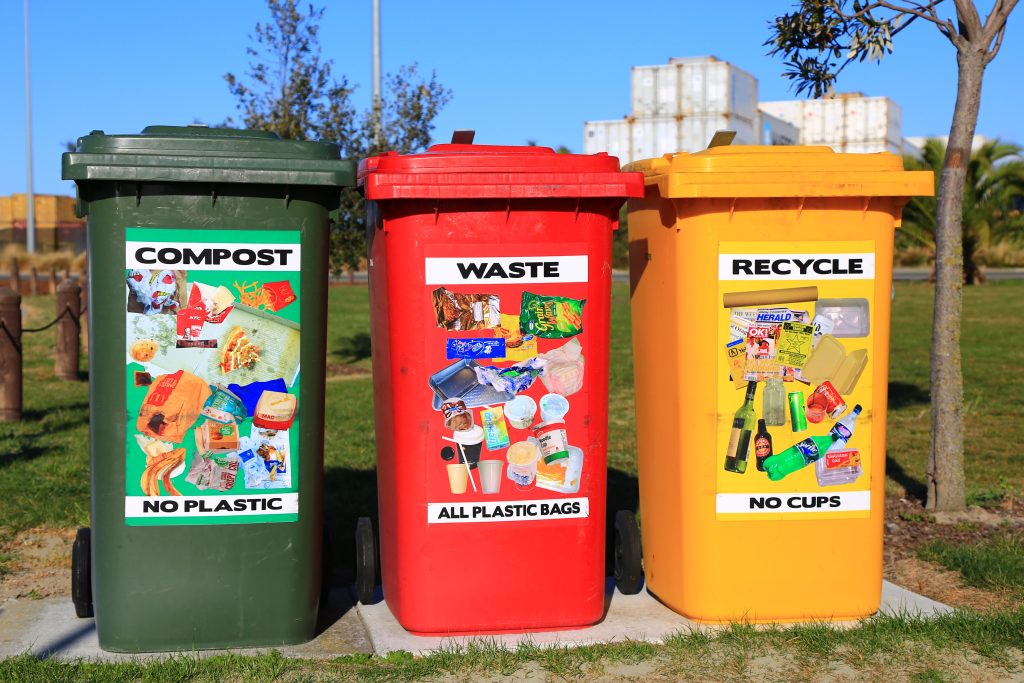
Furthermore, opting for products with minimal packaging and those made from sustainable or recycled materials is a conscientious choice that aligns with a sustainable lifestyle. Whether shopping for souvenirs in the bustling markets of George Town or purchasing daily necessities, selecting eco-friendly products helps support businesses that prioritize environmental responsibility. Initiatives like the “Zero Waste” movement in Kuala Lumpur promote a shift towards a more sustainable consumer culture, encouraging travellers to make environmentally conscious choices.
Conclusion
In concluding your eco-friendly escapade in Malaysia, remember that the choices you make as a traveller can significantly contribute to the preservation of the environment and the well-being of local communities. Opting for eco-conscious accommodations, not only ensures a responsible stay but also supports businesses committed to sustainable practices. As you traverse the country, embody the principles of going green on your travels, whether it’s choosing eco-friendly transportation or engaging in low-impact activities.
Supporting local communities and businesses forms a crucial pillar of responsible tourism. By patronizing indigenous crafts and locally sourced products, you contribute directly to the economic development of the areas you visit. Embrace ethical encounters with nature and wildlife, prioritizing sanctuaries and experiences that prioritize animal welfare and environmental conservation.
Lastly, carry the spirit of your eco-friendly escape beyond your travels by practicing a sustainable lifestyle even after you return home. The habits and choices you cultivate during your Malaysian adventure can have a lasting positive impact on the planet. As you bid farewell to Malaysia, let your journey be a testament to the transformative power of responsible and eco-conscious travel.



